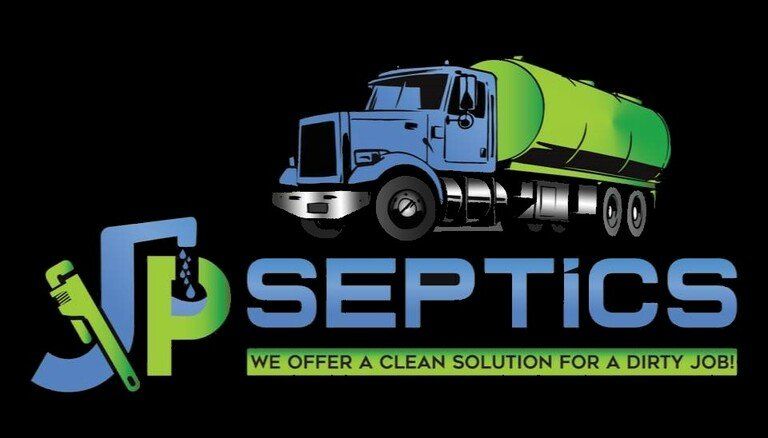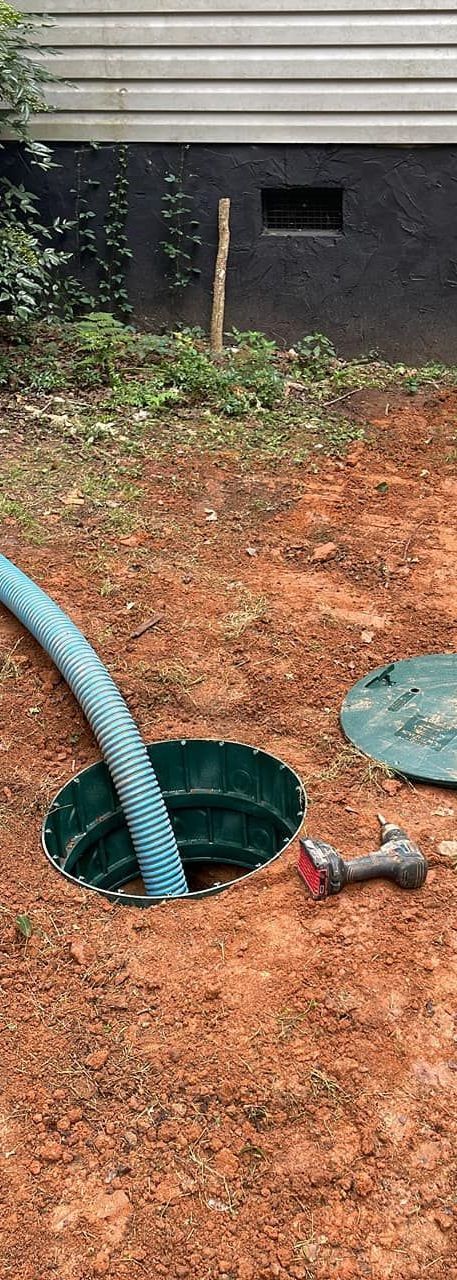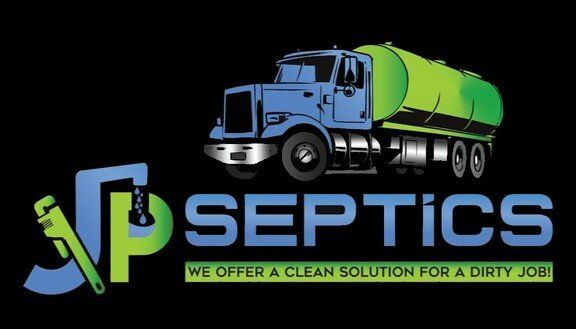Septic Tank Pumping in York, SC
Fill Out A Form

Understanding the Importance of Regular Septic Tank Pumping in York, SC
Interestingly, septic tanks have a limited capacity and require regular pumping to maintain peak performance and prevent expensive repairs. JP Septics specializes in providing professional and dependable septic tank pumping services in York, SC.
Why Regular Septic Tank Pumping is Essential
Septic tanks play a crucial role in managing household waste, but they are not a "set it and forget it" component. Did you know that a typical septic tank needs to be pumped every three to five years, depending on usage and the number of occupants in a household? Neglecting routine septic maintenance can result in foul odors, blockages, and other issues that can escalate into major problems down the line.
Understanding Septic System Failures
One of the primary reasons for septic system failure is the accumulation of solids in the tank. Over time, these solids build up and reduce the effective capacity of the tank. When the tank is full, it can cause untreated wastewater to flow out into the drain field, leading to severe blockages and contamination.
Signs Your Septic Tank Needs Attention
It’s essential to recognize the early warning signs that indicate your septic tank may need pumping. Some of these signs include:
- Slow Drains: If your sinks, bathtubs, or showers are draining more slowly than usual, it could indicate that your tank is near capacity.
- Unpleasant Odors: Foul odors emanating from drains or near the septic tank area suggest that gases are being released due to waste accumulation.
- Water Pooling in the Yard: Soggy spots or pooling water near your septic tank or drain field can signal an overflowing tank.
- Lush Grass Over Septic Area: Unusually vibrant grass over your septic tank or drain field may indicate a leaking tank.
The Risks of Ignoring Septic System Maintenance
Ignoring these signs can lead to significant problems. A neglected septic tank can cause:
- Environmental Damage: Untreated sewage can seep into the ground, contaminating local water sources.
- Health Hazards: Exposure to untreated sewage can pose serious health risks, as it contains harmful bacteria and pathogens.
- Property Damage: Sewage backups can damage your home’s plumbing and lead to costly repairs.
Why Choose JP Septics for Your Septic Tank Needs?
That is why it is essential to partner with a reliable septic tank pumping provider like JP Septics, ensuring that your system operates optimally. We prioritize exceptional customer service and maintain open lines of communication with our clients, taking the time to understand their unique needs and concerns. When it comes to septic tank pumping in York, SC, residents can confidently rely on us for top-quality service and peace of mind.
Our Comprehensive Septic Services
JP Septics offers a full range of septic services designed to meet the needs of our clients:
- Septic Tank Pumping: Regular pumping prevents the buildup of solids and maintains the efficiency of your system.
- Septic Inspections: Routine inspections can identify potential issues before they become major problems.
- Repairs and Maintenance: Our skilled technicians can handle everything from minor repairs to major maintenance projects.
Customer-Focused Approach
We believe in putting our customers first. JP Septics maintains open lines of communication with our clients, taking the time to understand their unique needs and concerns. Our customer-focused approach includes:
- Transparent Pricing: We provide clear, upfront pricing with no hidden fees.
- Reliable Service: We show up on time and complete the job efficiently.
- Professional Expertise: Our team is trained and experienced in handling all aspects of septic systems.
Understanding the Septic Tank Pumping Process
To give you a clearer picture of what to expect when you partner with JP Septics, let's take a closer look at the septic tank pumping process:
Initial Inspection
Before any work begins, our technicians conduct an initial inspection of your septic system. This includes locating the septic tank, assessing its condition, and determining the current waste levels.
Pumping the Tank
Once the inspection is complete, we use specialized equipment to pump out the contents of the septic tank. This process ensures that all accumulated solids, sludge, and scum are removed, leaving the tank ready to function at maximum efficiency.
Cleaning and Examination
After the tank is pumped, our team thoroughly cleans the interior, eliminating any remaining residue. We then conduct a detailed examination of the tank and its components to check for any signs of damage or wear.
Final Steps and Recommendations
Finally, we provide you with a comprehensive report of our findings, including any recommendations for repairs or further maintenance. We also offer advice on how to keep your septic system in top condition between service visits.
The Importance of Scheduling Regular Maintenance
To avoid the issues associated with a neglected septic system, it’s crucial to schedule regular maintenance. Regular inspections and timely interventions can preempt potential mishaps. Here are some of the key benefits:
Longevity of the System
Routine maintenance extends the lifespan of your septic system. By preventing issues such as blockages and leaks, your system will remain in good working condition for many years. Scheduled check-ups help identify subtle problems before they escalate into larger and more serious issues. Furthermore, consistent upkeep ensures that all components of the system are functioning efficiently and harmoniously.
Cost Savings
Regular pumping and inspections reduce the likelihood of expensive repairs. Addressing minor issues early can prevent costly damage to the system and your property. Investing in routine maintenance is much more economical than facing emergency repairs or system replacements. Additionally, a well-maintained system increases the value of your property, should you decide to sell.
Environmental Protection
A well-maintained septic system prevents the contamination of ground and surface water, which is vital for protecting local ecosystems and public health. Proper management of the system reduces the release of harmful pathogens and nutrients into the environment. By keeping your system in check, you also contribute to the preservation of local wildlife and natural resources.
Educating the Community on Septic System Care
At JP Septics, we believe that educating our clients and the community is key to maintaining effective septic systems. Here are some simple tips to keep your system in check:
- Avoid Overloading the System: Be mindful of water usage and avoid running multiple water-heavy appliances simultaneously.
- Proper Waste Disposal: Never flush non-biodegradable items down the toilet or drain. These can cause blockages and damage the system.
- Use Septic-Safe Products: Choose cleaning and personal care products that are safe for septic systems to avoid disrupting the balance of bacteria in the tank.
Partner with JP Septics for Reliable Service
When it comes to septic tank pumping and maintenance in York, SC, JP Septics stands out as the clear choice. Our commitment to providing top-quality service and exceptional customer care means you can trust us to handle all your septic needs with professionalism and expertise.
If you observe any signs that your septic system may need attention, do not hesitate to contact JP Septics promptly. Our experts in York, SC, can assess your system's condition and carry out necessary pumping and maintenance to prevent further complications. Acting quickly reduces the risk of more severe and costly repairs, ensuring that your septic system functions efficiently. Trusting our professionals can provide peace of mind and prolonged system longevity.



